About the project
The Carbon Sequestration project, supported with funding from the Bezos Earth Fund, focuses on utilizing genetic diversity and developing new root ideotypes for tropical forage grass and rice. This aims to improve carbon assimilation via photosynthesis and improve deep rooting ability, thereby contributing to enhanced carbon storage in tropical soils.
Plants capture carbon dioxide (CO2) from the atmosphere through photosynthesis. The carbon (C) captured by plants carbon (C) can be stored in soil organic matter (SOM), a process known as carbon sequestration. Even a small increase in soil organic C (SOC) could help slow the rise of atmospheric CO2 concentration. This has the potential to exert considerable effects on the global climate system.
Leaders
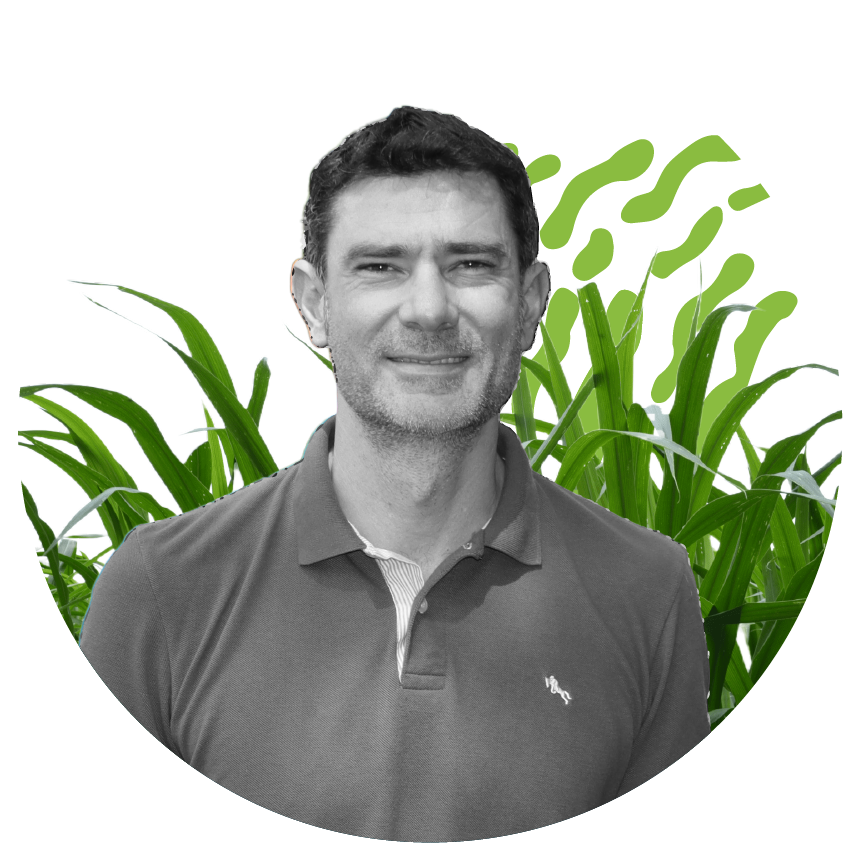
Jacobo Arango
Forages Environmental Biologist
Tropical Forages, Colombia
Develop and evaluate through high-throughput phenotyping and field studies, deep rooted tropical forage grasses; and define the soil-root-microbe interactions contributing to improved SOC storage in tropical soils.
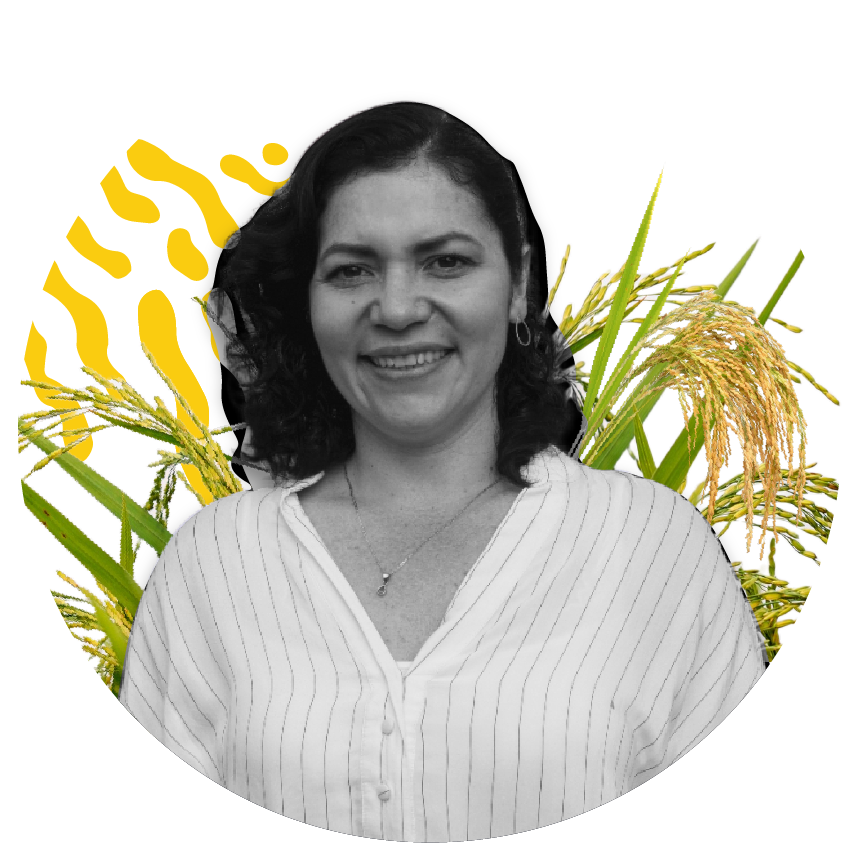
María Fernanda Álvarez
Rice Program Leader
Rice, Colombia
Understand the carbon capture-related traits in the rice crop and develop Rice breeding lines with a high capacity for carbon capture.
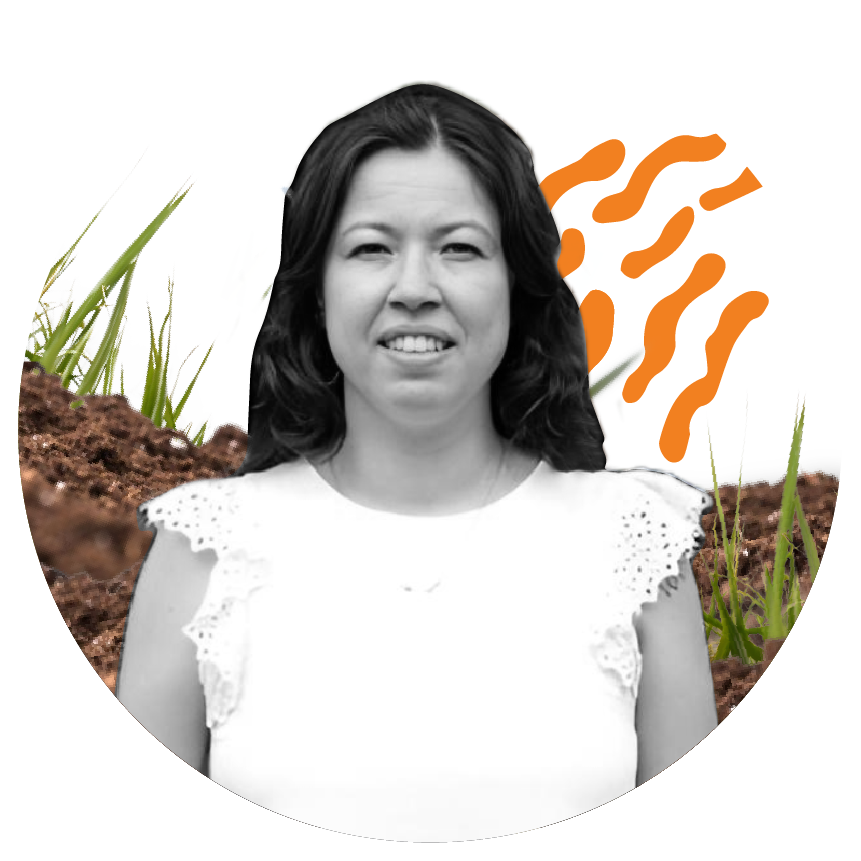
Mayesse Da Silva
Soil Scientist
Multifunctional Landscapes, Colombia
Unravel the potential of deep rooting forage and crop components in crop-livestock systems to replenish soil organic carbon in human-intervened areas in tropical soils of Latin America and Africa.
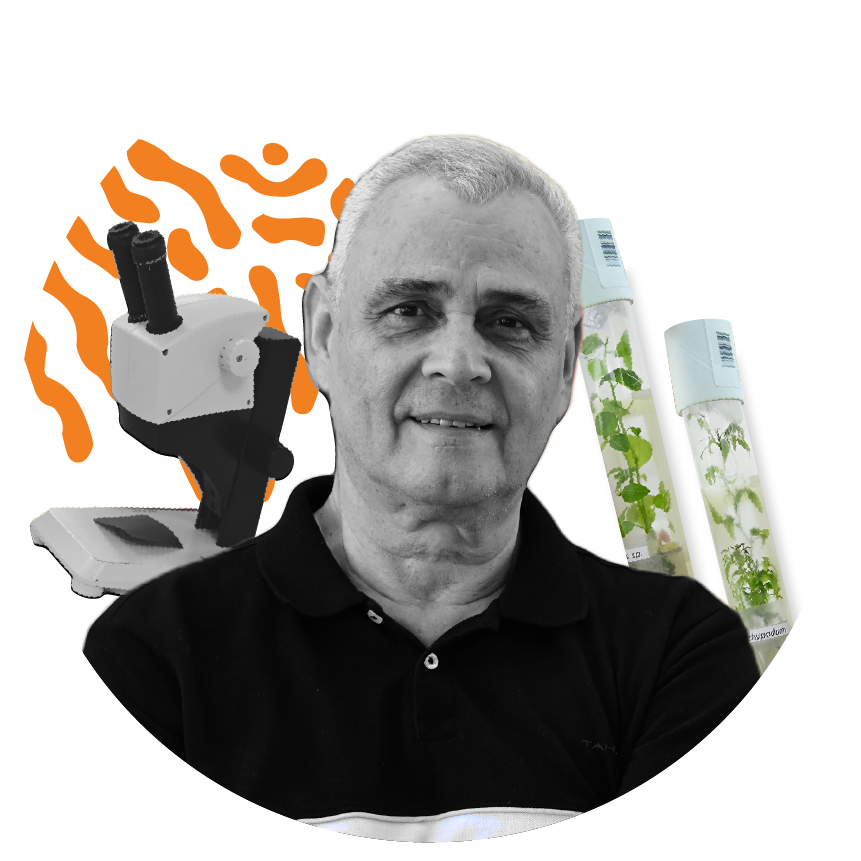
Paul Chavarriaga
Gene Editing Leader
Gene Editing Platform, Colombia
Apply gene editing technology to rice for improving productivity and C storage through deep rooting ability and enhanced photosynthetic efficiency.
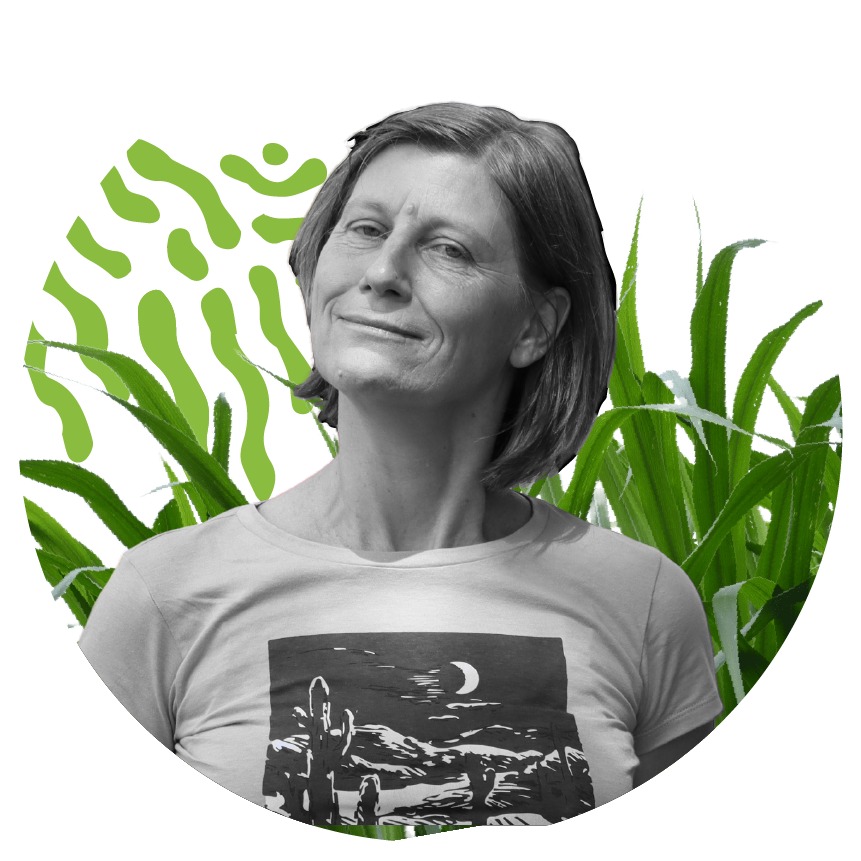
An Notenbaert
Forages Environmental Ecologist
Tropical Forages, Kenya
Develop strategies to disseminate new root ideotypes of forage grass and rice for use in tropical acid soil regions of tropical Africa and Latin America and estimate benefits of effective C removals from the atmosphere.
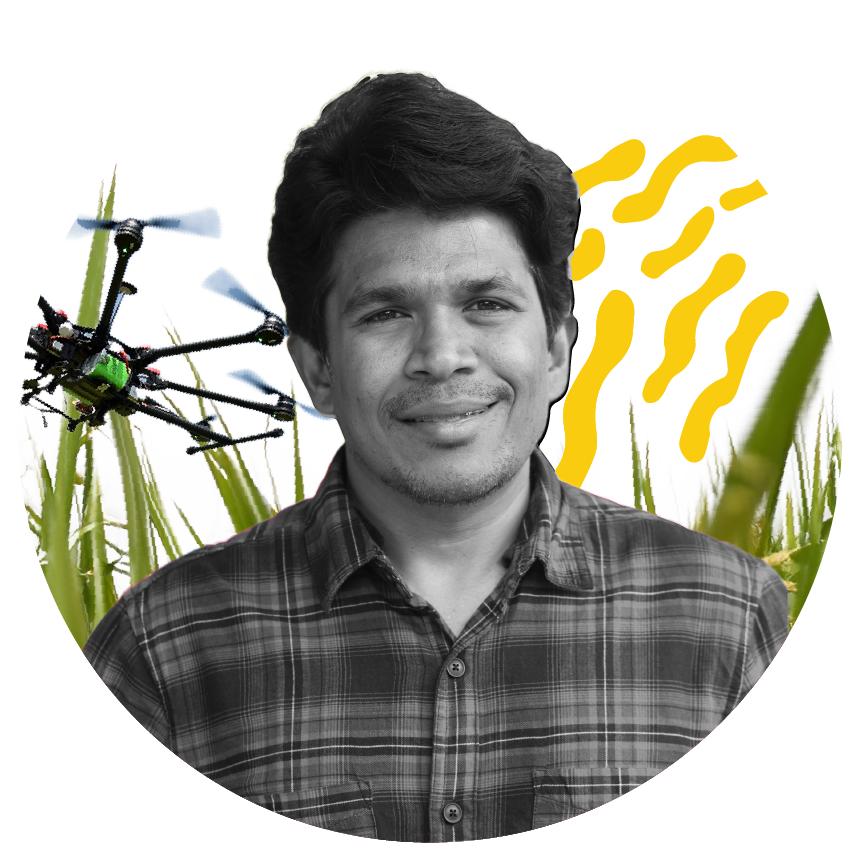
Michael Gomez Selvaraj
Digital Agriculture Leader
Crops, Colombia
The goal of digital agriculture is to increase efficiency, productivity, and sustainability
while reducing costs and minimizing negative impacts on the environment through the use of computer software, sensors, and artificial intelligence.
Our impact starting point: Colombia and Kenya
This collaborative and widespread initiative provides researchers with new tools to capture morphological traits and measure carbon sequestration through remote sensing. The aim is to develop deep-rooted tropical rice and forage grass varieties. Subsequently, genetic diversity identified in deep-rooting ability, along with gene editing, is harnessed for crop breeding programs and soil/landscape management. Whereby, the goal is to achieve yield increase while effectively reducing greenhouse gas emissions, including carbon. The atmospheric carbon dioxide removal (CDR) expected from the deep rooting technology is expected to remove around 3.7 Mg CO2 ha-1 Yr-1 during the well-managed grassland phase and 0.12 to 0.37 Mg CO2 ha-1 Yr-1 for the upland rice cropping phase within rice-pasture rotation systems. Through sustainable management of these systems, pressure on forests will be reduced, sustainable and resilient landscapes will be promoted, biodiversity will be maintained, and essential ecosystem services will be provided. Furthermore, the utilization of digital soil carbon storage potential maps (C) help in identifying pivotal locations for implementing deep rooting technology in tropical soils. By adopting this strategic approach, a substantial contribution is made towards achieving effective atmospheric CDR.
The teams plan to expand to other tropical regions at the later stage.
Project Locations
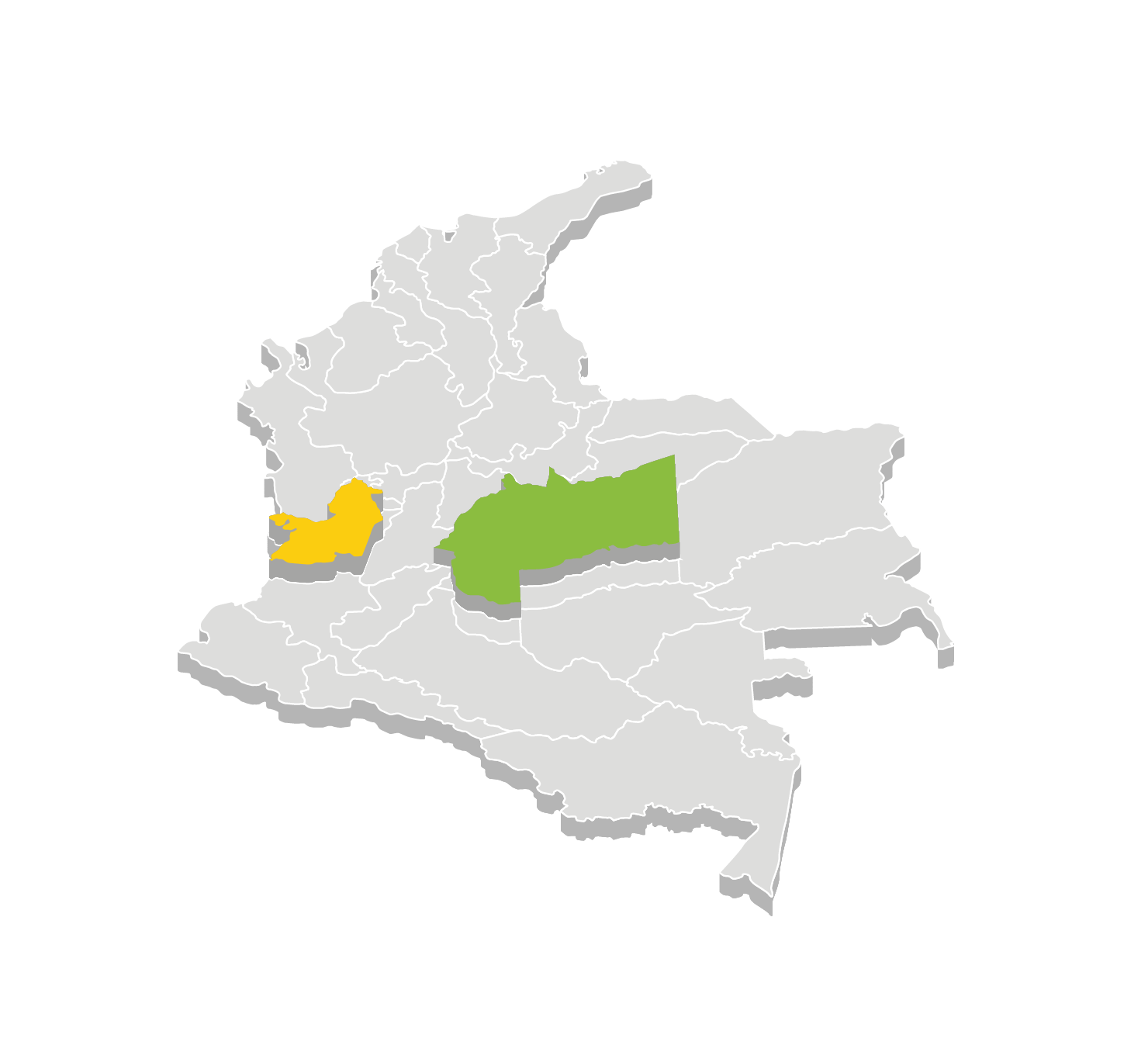
Colombia
Palmira, Valle del Cauca
Puerto López, Meta
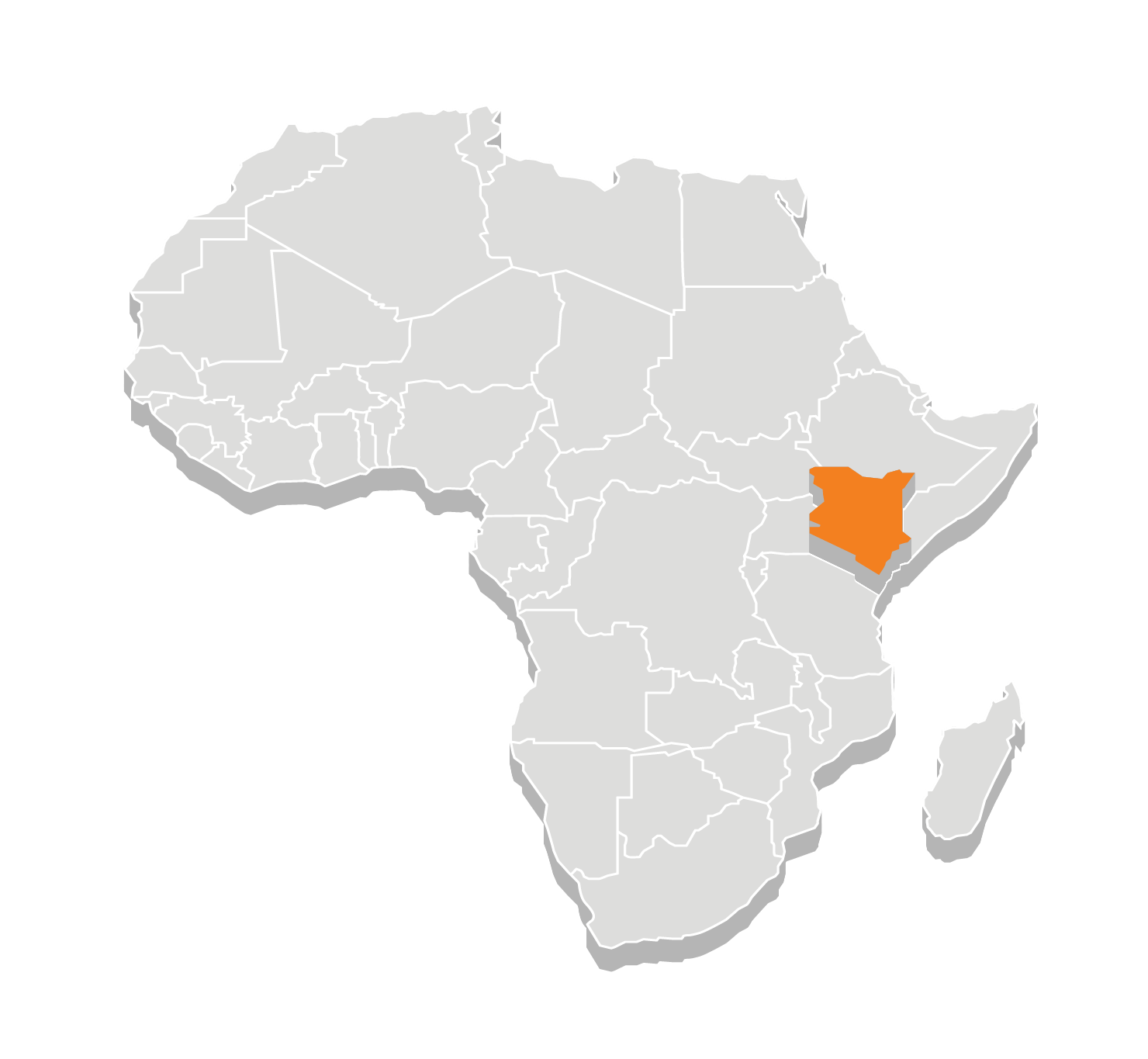
Africa
Nairobi, Kenya
Publications
Potential of rice
Innovations
What’s new
Bill Nelson, NASA Administrator, explores progress of geospatial program for the Amazon

The Alliance of Bioversity International and CIAT is part of CGIAR, a global research partnership for a food-secure future.
Contact
Alliance of Bioversity International and CIAT
Latin American Hub
Palmira – Colombia
Address: Km 17 Recta Cali-Palmira
Phone: (+57) 6024450000

